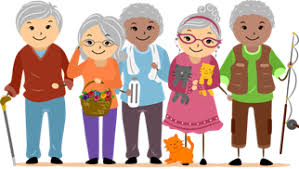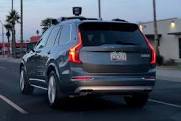Nuance Audio is a new option for people who resist traditional aids, from the company that makes Ray-Bans and operates LensCrafters.
Seekers of Meaning Podcast Posted Online March 7, 2025
What's Next Longevity Deal Talk Episode 32, January, 2025
Presentation: What's Next Longevity Venture Summit, June, 2025


 Google discovers seniors (sort of) and thus a market is maybe born. There was a breathlessness to the CNBC article on July 23, 2018 – Google is mulling
Google discovers seniors (sort of) and thus a market is maybe born. There was a breathlessness to the CNBC article on July 23, 2018 – Google is mulling  In a taxi in DC – the driver wends his way around buses and pedestrians. It’s the day after the
In a taxi in DC – the driver wends his way around buses and pedestrians. It’s the day after the  Surveys affirm increasing tech use among older adults, but for some, not so fast. Whether it is new data from
Surveys affirm increasing tech use among older adults, but for some, not so fast. Whether it is new data from